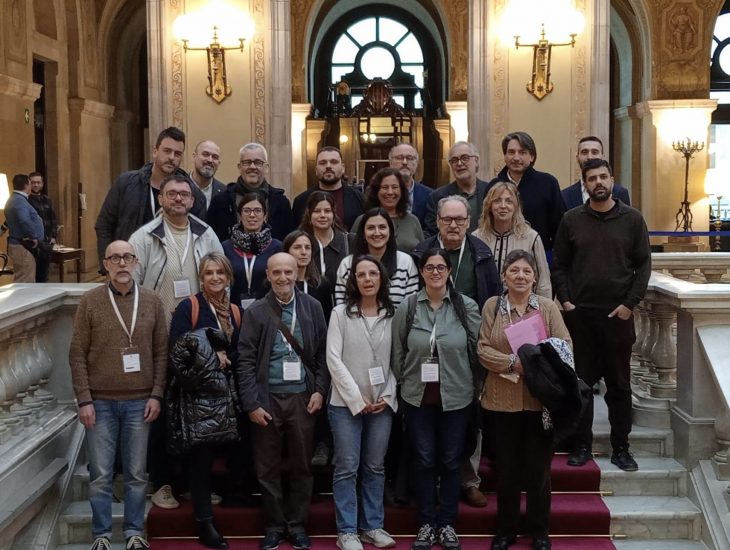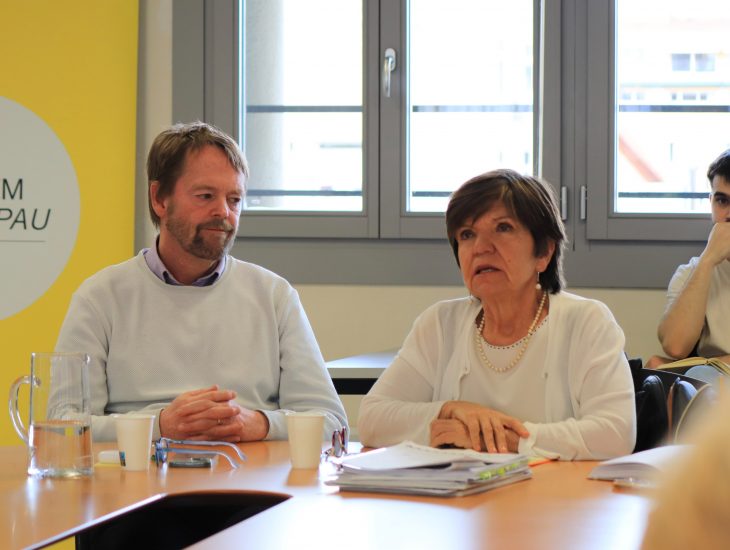More than 150 people attended the “Human rights and peace in Central America: Challenges and opportunities” conference in Barcelona on 18-19 June. The event was organized by ICIP and the new Taula Catalana Coordinating Group for Human Rights and Peace in Central America.
The conference provided a backdrop for the launch of the new Taula, a platform consisting of 20 Catalan organizations that aim to “reinforce the bonds of solidarity between Catalonia and Central America; raise awareness of human rights violations in the region; generate proposals; and exert political influence locally, regionally and internationally in favour of peace and human rights,” according to Alícia Rodríguez, one of the platform’s spokespersons.
On Tuesday, 18 June, at the conference’s opening session, ICIP president Xavier Masllorens stressed “the need to focus public attention on Central America in the current context of extreme inequality, threats to human rights and the expansion of a false security.” He also highlighted the work carried out by ICIP to provide knowledge and analysis of Central America’s challenges through the “Violence in non-war settings” work area.
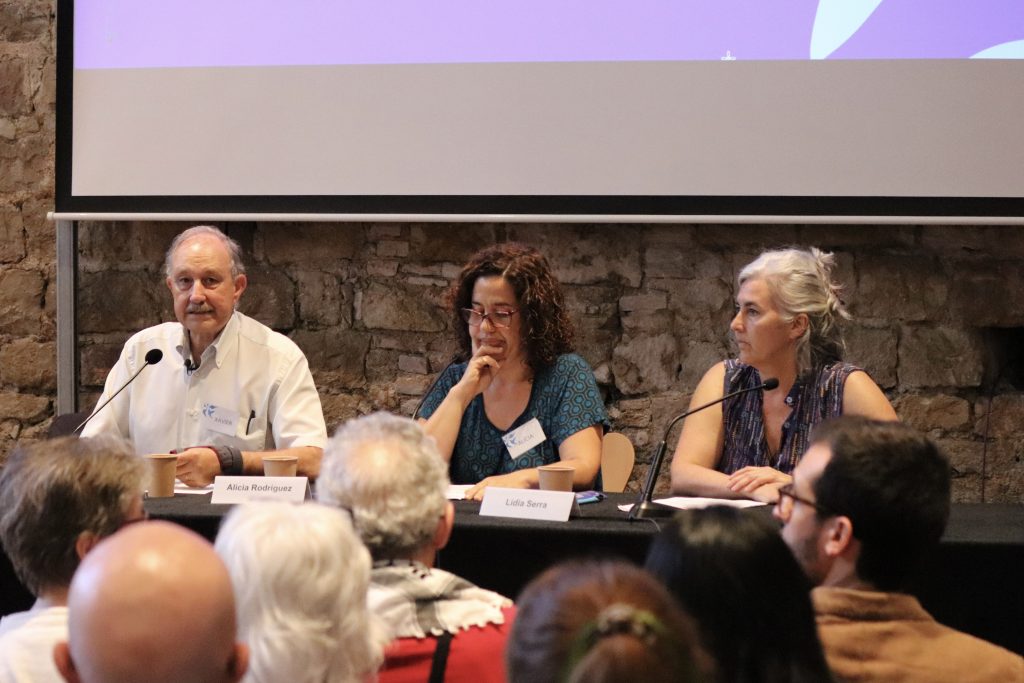
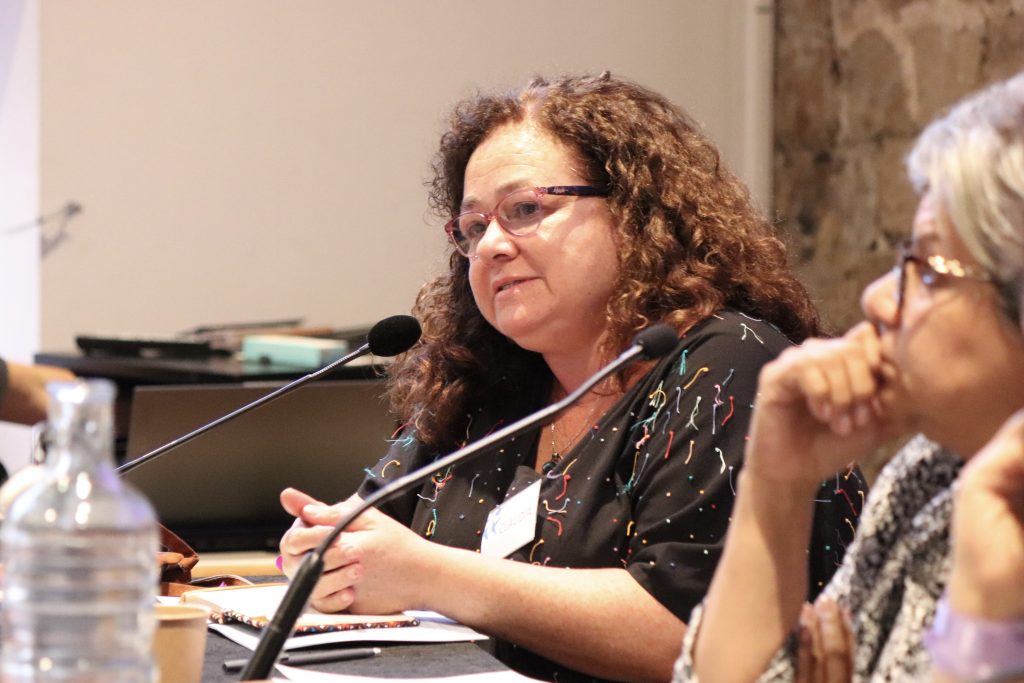
During two days, the conference provided an opportunity to reflect and debate on the challenges to peace and human rights in Nicaragua, Guatemala, El Salvador and Honduras, countries affected by the rise of authoritarianism, securitization and militarization, political repression and persecution, exploitation and extractivism of natural resources, violence against women, LGBTQ+ groups and Indigenous communities.
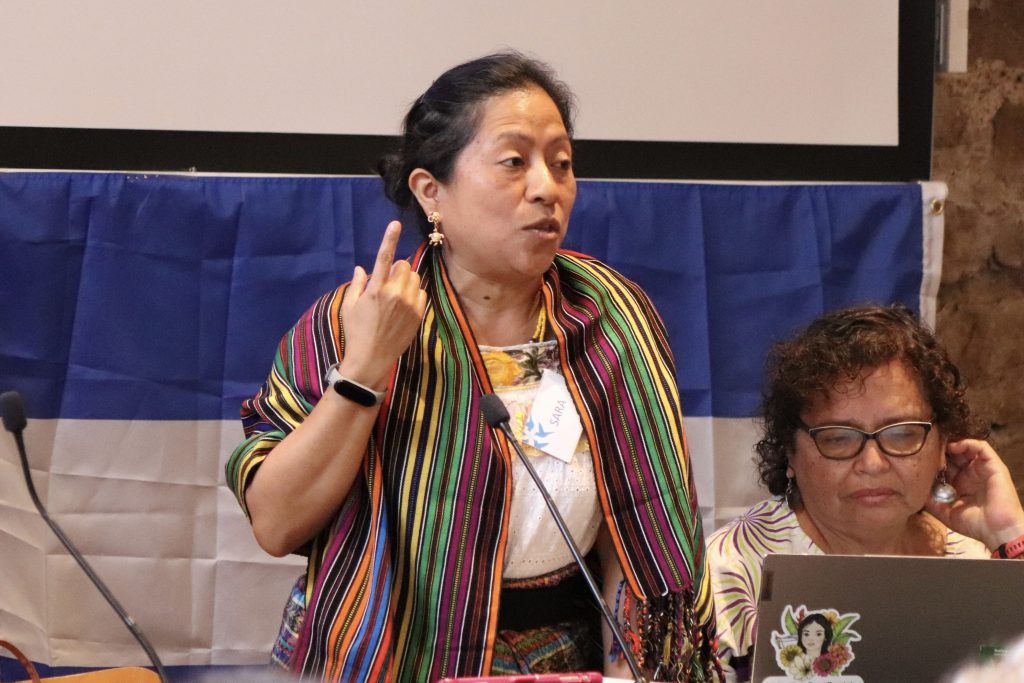
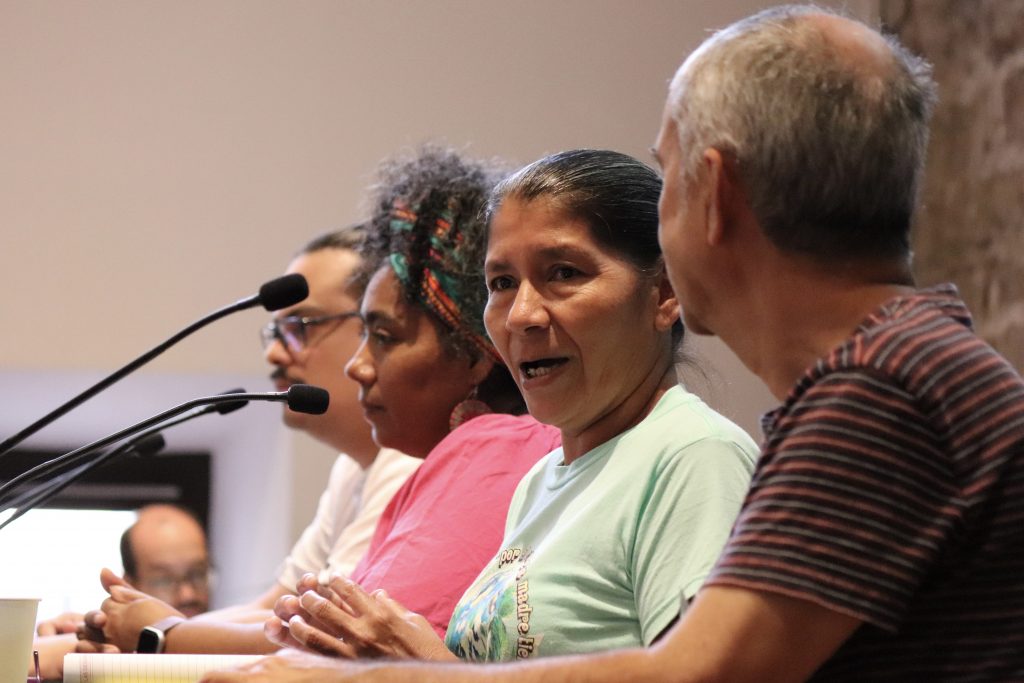
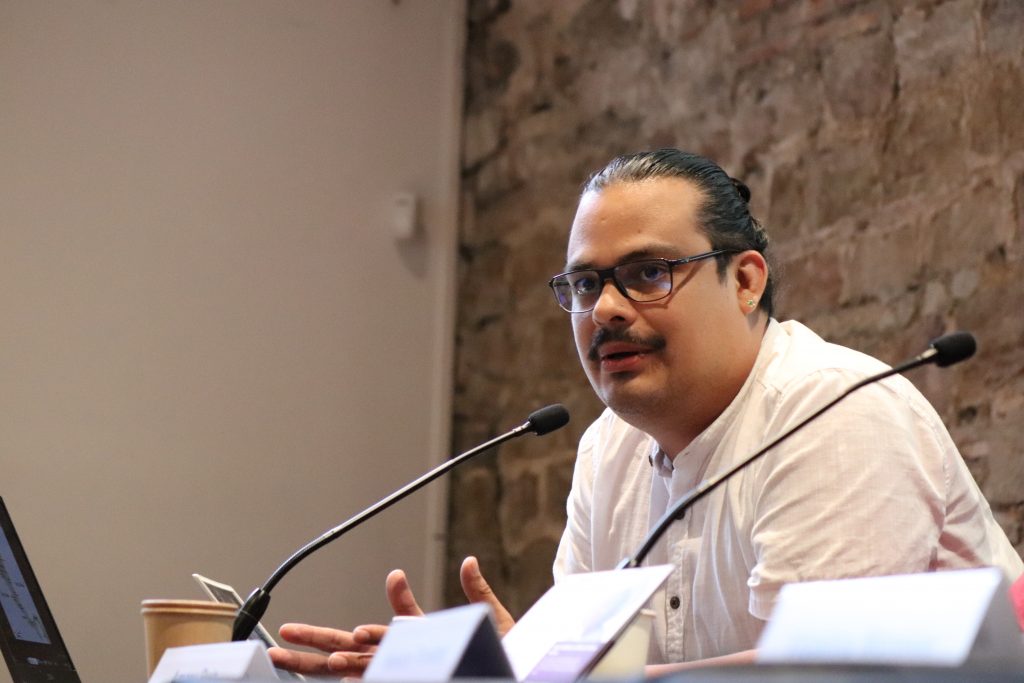
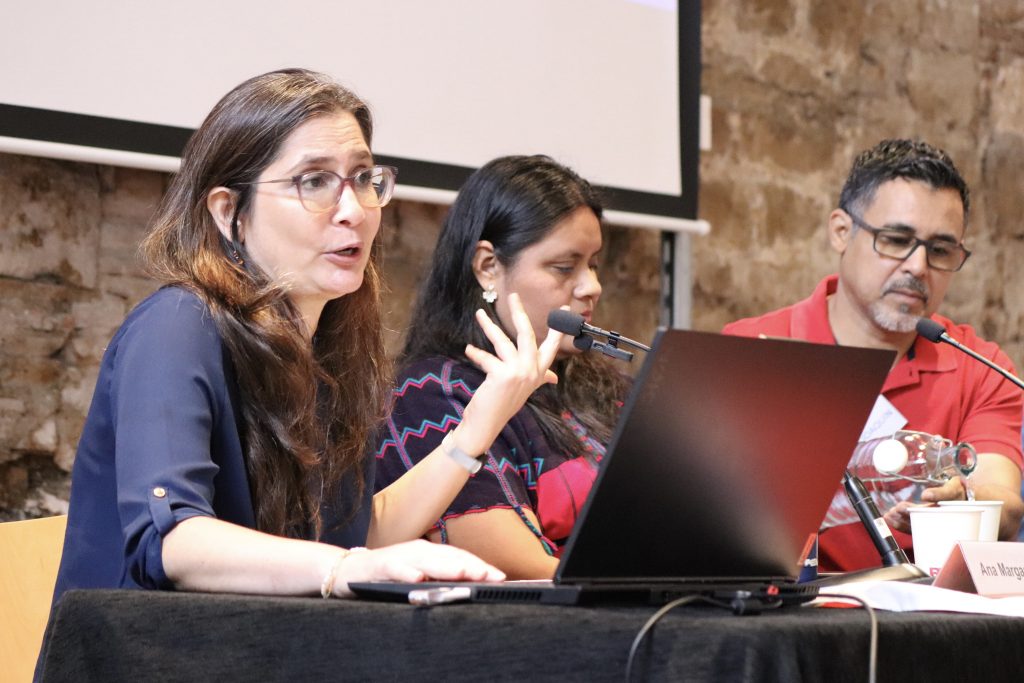
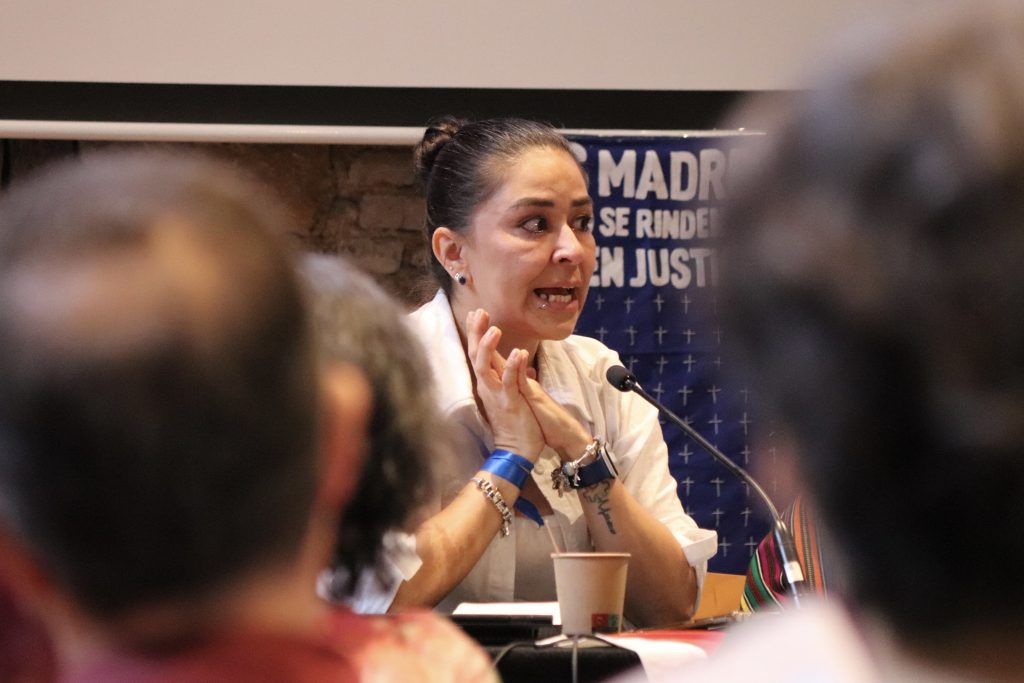
The conference featured the participation of fifteen speakers, most of them women, from the four countries. They are experts and activists who fight to transform everyday violence, some from exile. This is the case, for example, of Nicaraguan lawyer and politician Ana Margarita Vijil, who was imprisoned for twenty months for her opposition to the Ortega-Murillo regime, banished from the country in 2023 and stripped of her citizenship; Amaru Ruiz, president of Fundación del Río, stripped of her Nicaraguan citizenship for her defence of Indigenous peoples’ human rights; Elvira Cuadra, Nicaraguan sociologist and current director of the Center for Transdisciplinary Studies of Central America; and Ramón Cadena, lawyer and human rights defender from Guatemala, currently exiled in Catalonia.



